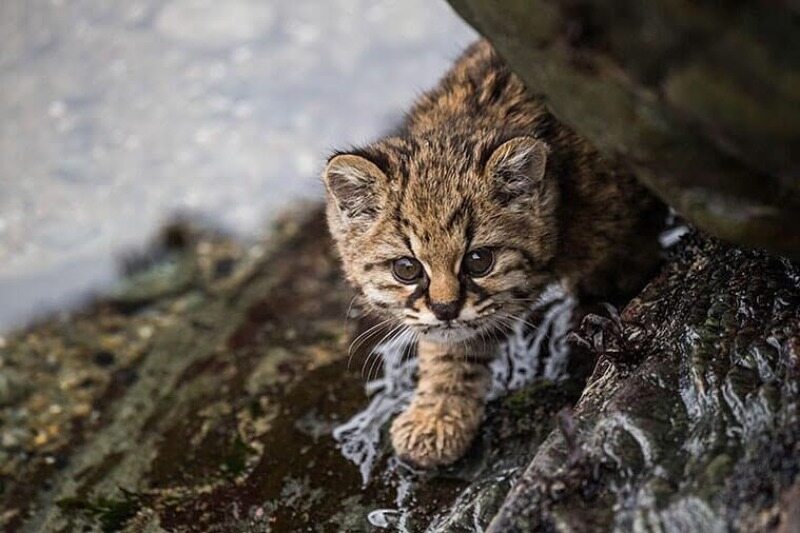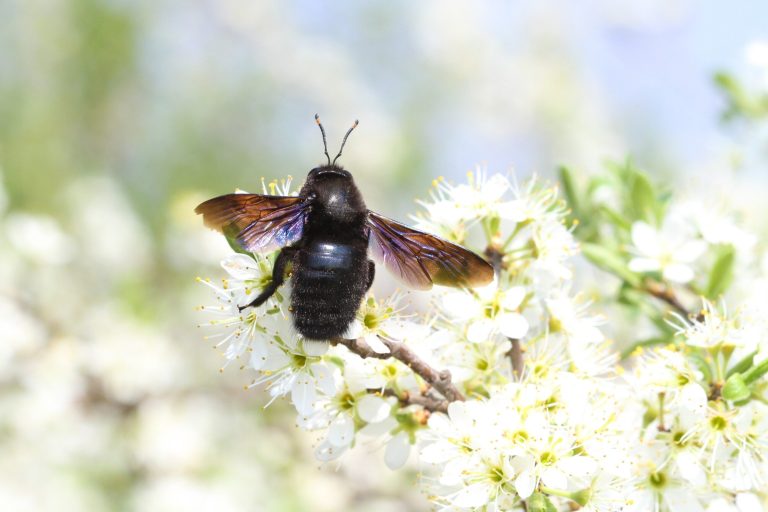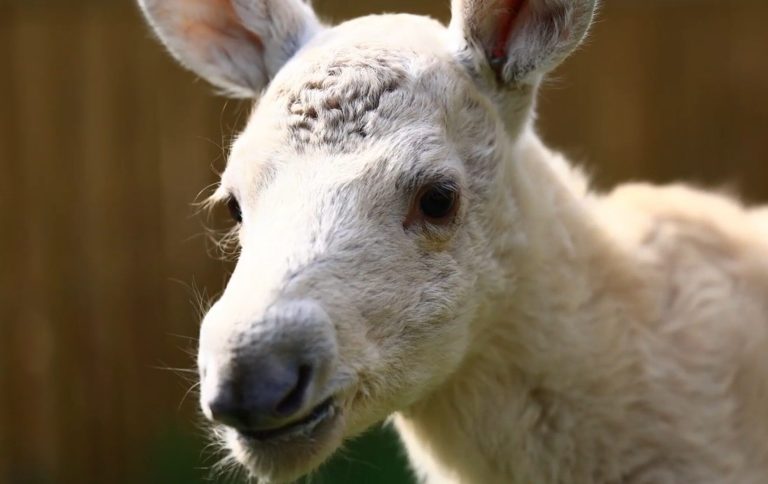A sweet, fluffy ball? The Kodkod is actually a small, elusive predator

The Chilean ocelot, also called the mountain cat, the codcat and the Chilean cat, is the smallest felid in the Western Hemisphere. Research on them is conducted by Dr. Constanzy Napolitano from the University of Chile. When she decided to write her doctoral thesis on them in 2006, she was warned that she would be lucky if she found 15 individuals of this species, because they seem to be elusive. Global Wildlife Conservation reports that despite this, the woman has so far encountered 150 kodkods.
Chilean cats live in the forests of Chile and Argentina. Their body length is from 39 to 51 centimeters, and the length of the tail itself is up to 25 centimeters. The body weight of adult males is 1.7-3 kg, and females 1.3-2.1 kg. They have grey-brown or rusty-brown fur covered with small dark patches. They feed on rodents, birds and reptiles. They are mainly nocturnal.
Kodkodas are a protected species in both Chile and Argentina. Very little is known about their development and life, because it is difficult to meet individuals of this species on the road. This was the task set by Dr. Constanza Napolitano, interviewed by a representative of Global Wildlife Conservation. So far, 6 years after starting the research, the woman has found 150 individuals of this species. Thanks to her research, in 2017 the Chilean government adopted the first-ever code protection plan in Chile. However, it did not allocate any funds for its implementation. That’s why Napolitano decided to apply for one on her own and… she succeeded. Since November 2018, he has been leading a team that has been implementing a two-year pilot program worth PLN 40,000. dollars, which aims to protect Chilean ocelots.
– This grant is unique because it is intended exclusively for field activities. This type of support is difficult to obtain, especially in a developing country like Chile, where there are many other problems and needs, Napolitano emphasized in an interview with Global Wildlife Conservation. – Despite this, it is very important to protect the codes, because they are the so-called “umbrella species” – they are carnivores with a large range, so protecting their habitats also means protecting other animals and plants occurring in the same area – she explained.
– When I started, no one really knew anything about codes. And what we don’t know is usually perceived as a threat. Now we know much more about this species and the threats to its existence, and the grant provides a rare opportunity to eliminate these threats, she added.






